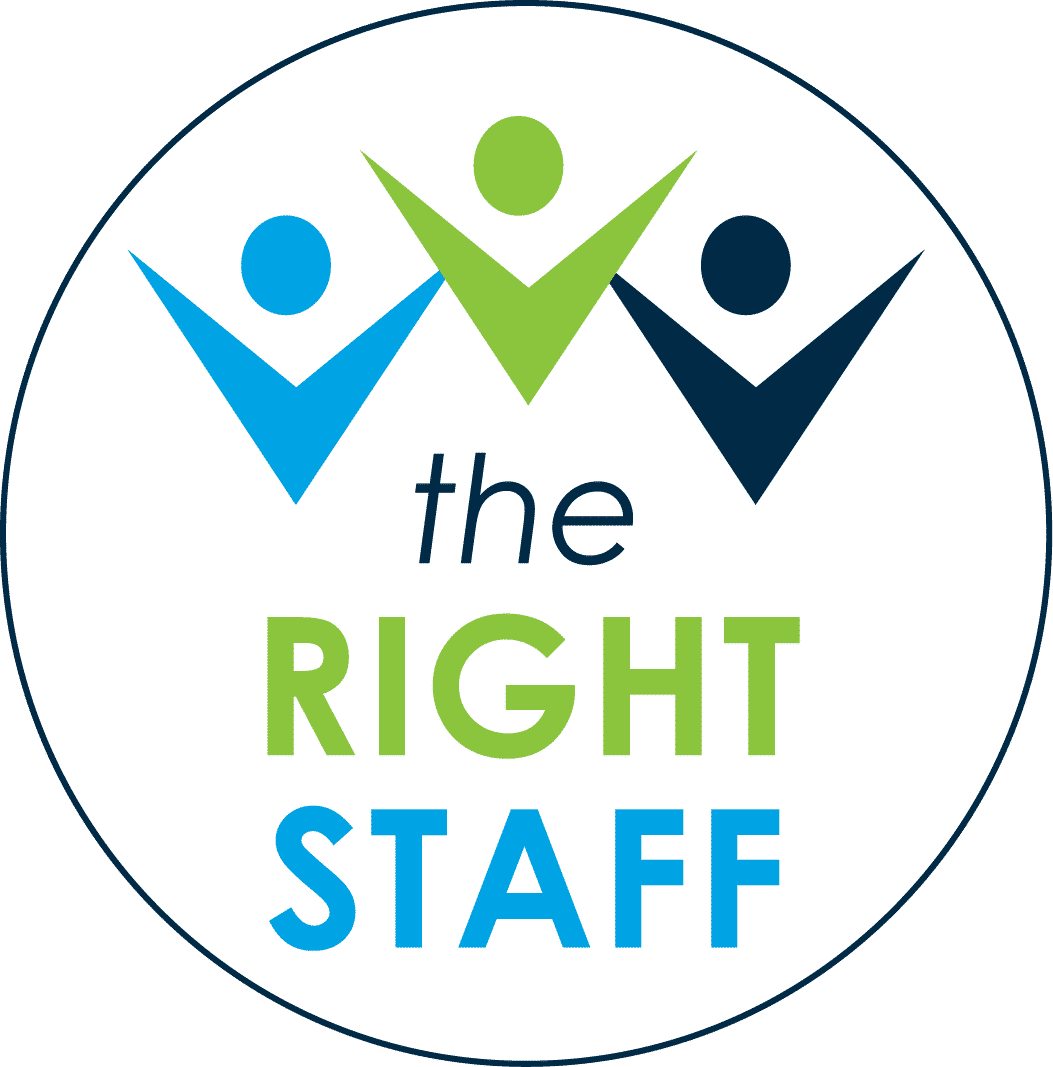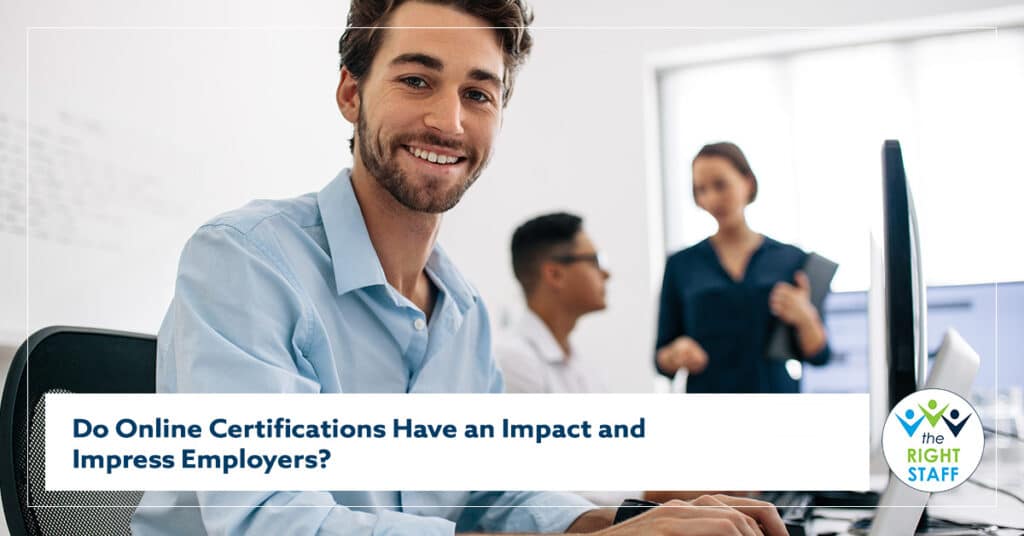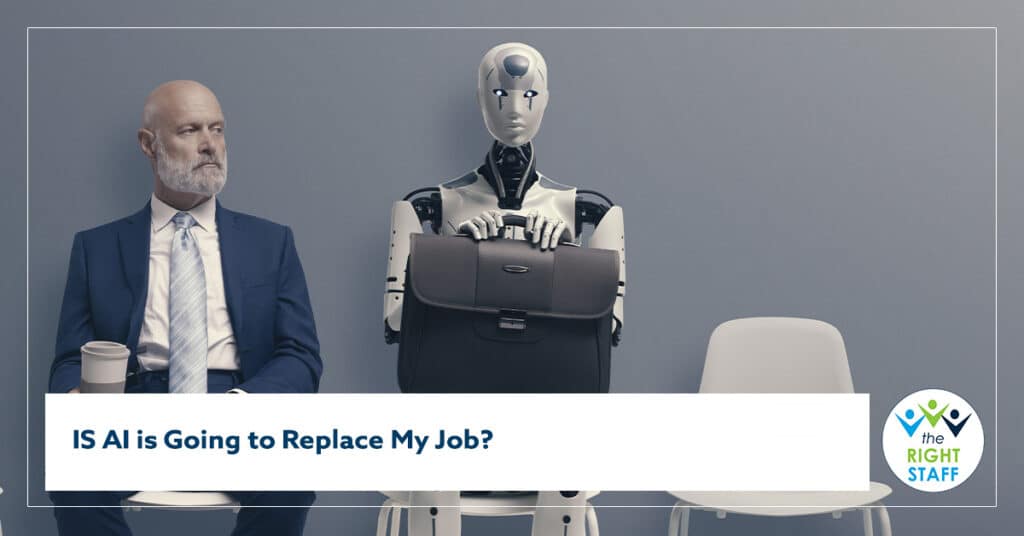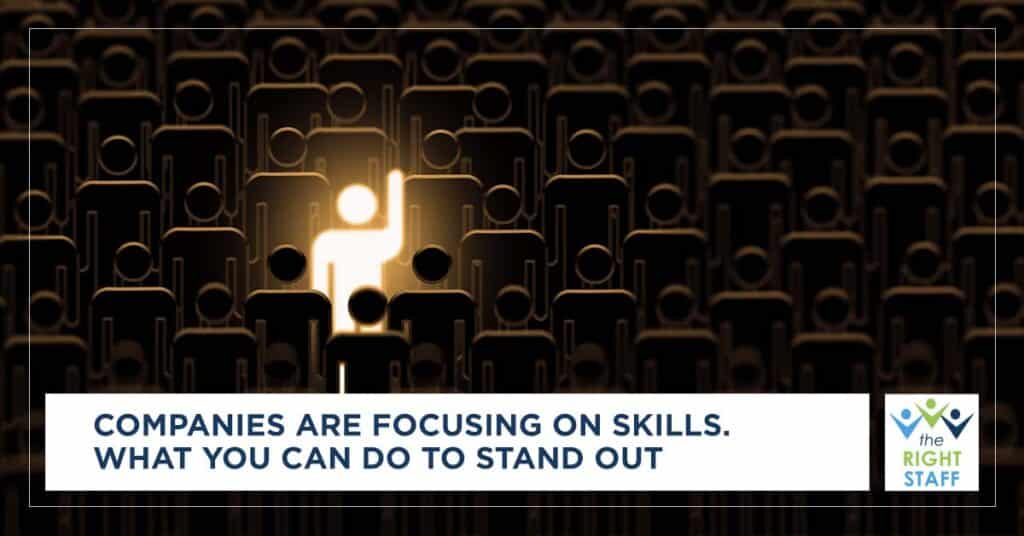
But what weaknesses are employers looking for – or looking at? When an interviewer asks “what’s your biggest weakness,” what do they want to hear?
We assume that weaknesses are “bad,” and that no employer wants to hear you have one. In fact, most hiring managers distrust a candidate who replies that they have no weaknesses.
Here’s what hiring managers are looking for:
They want to hear something that doesn’t eliminate you from the running.
When hiring managers ask about your weaknesses, they want to know if there’s anything they’ve missed that would cause them to scratch you off the list. When preparing an answer to this question, it’s important to choose a weakness that isn’t fatal to the job. “I’m terrible at math” would eliminate you from most engineering jobs; “I can’t pay attention to detail” would knock you out of contention for a job in data entry. Choose a weakness you actually have, but that doesn’t impair your ability to do the job well.
They want to hear you be honest – and tactful.
Naming a single weakness is honesty; listing all your flaws is oversharing. Taking ownership of your weaknesses shows character; blaming others for your past failures demonstrates a lack of it.
The best way to discuss your chosen weakness? State it clearly; then give an example of a way you’re working on improving it. For instance, “I sometimes lose track of time, so for important events, I set an alarm on my phone to remind me.”
They want you to stay on topic.
A weakness that impairs your ability to do the job hurts your chances, but so does a weakness that has nothing to do with the job at all. “I have a weakness for chocolate ice cream” sounds like you’re dodging the question, not answering it.
Instead, demonstrate you’ve thought seriously about how you can improve as a professional, identified a way you can do it and how you’re going to work on that. Do this by choosing a weakness that is related to work and that you’ve been working on.
At THE RIGHT STAFF, LLC, our recruiters can help you prepare for interviews and connect with some of the best employers in Minneapolis and beyond. Contact us today to learn more.



